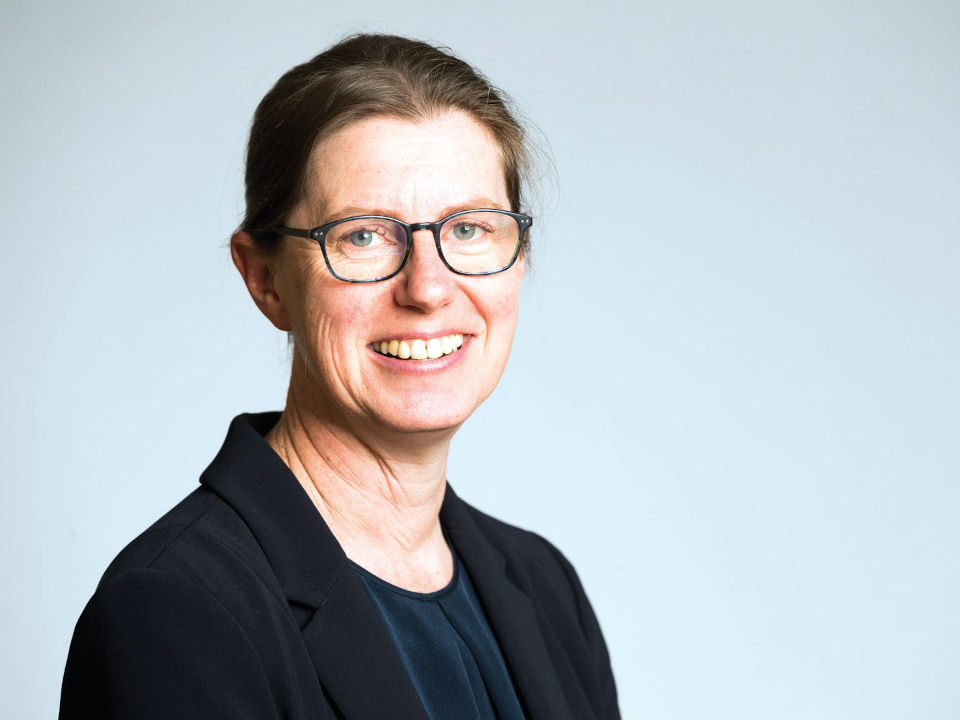Commenting on the outcome of The Big Listen, Rachael Wardell, ADCS Vice President, said:
“ADCS awaits further information from Ofsted and the government on what exactly the reforms will look like on the ground. The focus on the most vulnerable and disadvantaged children and young people and their experiences is welcome, as is the increased focus on stability and avoiding unplanned placement endings for children living in children’s homes.
“It is good to see many of the concerns raised by ADCS and others have been listened to, including about the use of single word judgements. One word cannot represent the complex range of services directors of children’s services are responsible for, nor can it describe a school or a whole system for SEND. Similarly, it cannot do justice to the hard work of thousands of professionals working day in day out to support children and young people. We look forward to working with the government on the report card approach across all domains of its work in the coming months.
“The SEND system is increasingly unsustainable, both financially and in terms of demand for education, health and care plans, but most importantly, it is not delivering the outcomes we all wish to see for children. ADCS raised significant concerns about the area SEND framework in our Big Listen response, we will engage fully in the planned Ofsted and CQC review of this framework. Issues raised in our response include, improvement notices being directed at the local authority only despite improving experiences and outcomes for children with SEND being a multiagency endeavour, and inspection reports presenting challenges as specific to local areas, rather than as national issues that local authorities, and partnerships, cannot solve alone. It is right that Ofsted will seek to highlight local, regional, national and systemic issues going forward. We need central government action to address national issues which hamper improvement efforts in local areas, such as the shortage of educational psychologists which mean children and families face long waits for assessments.”
ENDS


